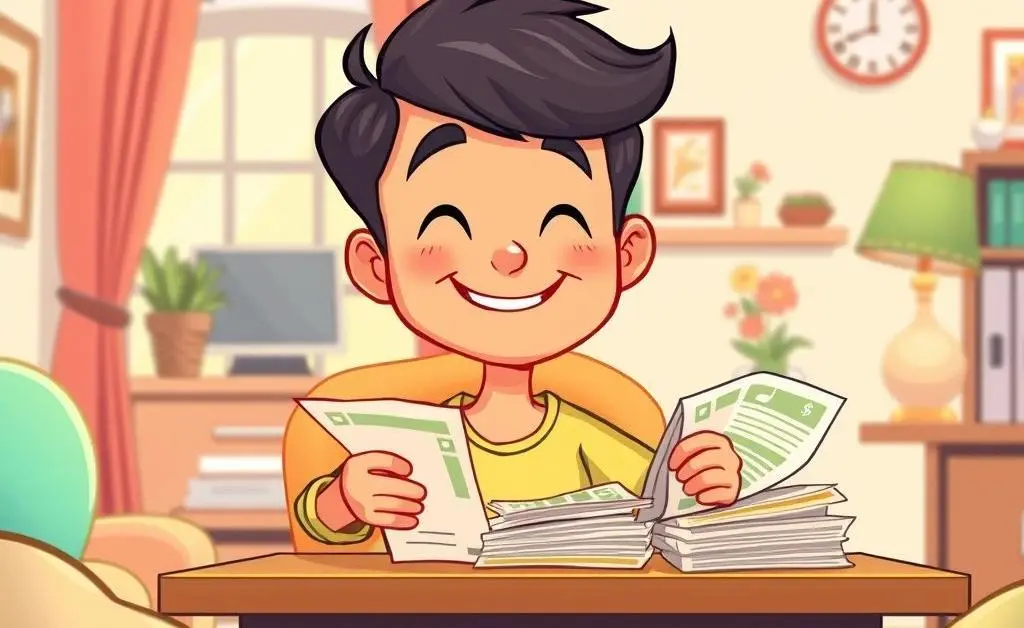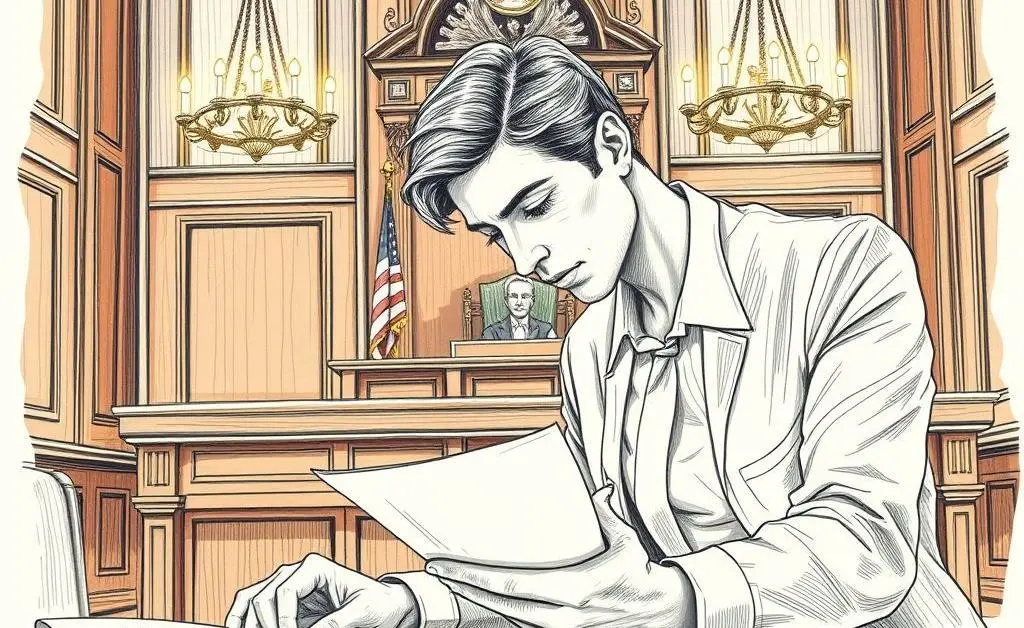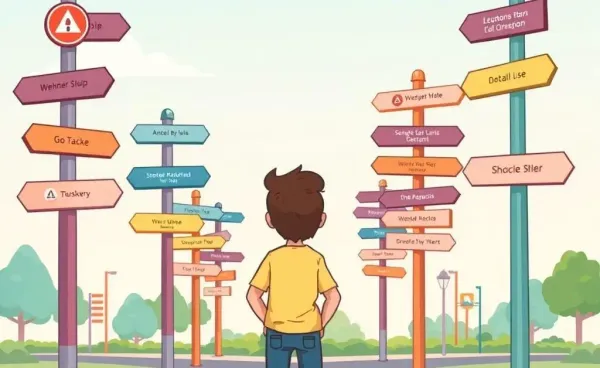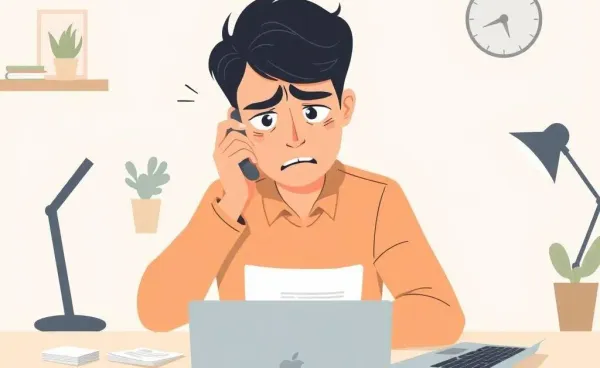Surviving A Credit Card Lawsuit: Your Ultimate Guide
Practical tips to navigate and handle a credit card lawsuit effectively.

Ever found yourself nervously eyeing your mailbox, half expecting a dreaded letter about a lawsuit over a credit card debt? You're definitely not alone. The thought of being sued for unpaid bills is nerve-wracking. But take a deep breath — with the right approach, you can navigate this situation gracefully.
Understanding the Legal Process
First things first, let's demystify the process. When a creditor decides to sue, it starts with a summons and a complaint. These documents will detail who’s suing you, how much they claim you owe, and why. Your primary task here? Stay calm and don't ignore the lawsuit. Ignoring it won't make it disappear (sadly, that's adulting 101).

Steps to Take When Sued
1. Answer the Complaint
Whether you believe the debt is yours or not, responding to the complaint is crucial. A formal response, filed with the court, prevents the creditor from obtaining a default judgment against you. Remember, not responding equals an automatic loss.
2. Verify the Debt
Request verification of the debt. Creditors must provide proof of your obligation to pay — this is especially pertinent if your debt has changed hands.
3. Review Your Finances
Understanding your financial health can help determine the best course of action. How much can you realistically pay back? Would a settlement make more sense than a court trial?

4. Seek Professional Help
- Financial advisor: An advisor can help you create a realistic debt repayment plan.
- Legal aid: Consult an attorney, especially if the amount sued for is significant.
- Credit counselor: They can assist in negotiating settlements or alternative payment options.
Finding Support and Building Resilience
Everyone loves a good comeback story. A friend of mine, after being sued, not only tackled the debt head-on but also emerged financially smarter and more resilient. Here’s how you can channel your inner financial superhero:

1. Build a Support Network
Whether it's family, friends, or community groups, having a support system eases the emotional burden.
2. Learn From Your Experience
Use this challenging time to educate yourself on personal finances. Consider taking classes or workshops.
Conclusion: Take Action, Stay Positive
No one wants to be on the receiving end of a lawsuit, but with preparation and determination, it doesn’t have to spell disaster. Remember, tackling the issue sooner rather than later is key. What strategies have you found most effective in dealing with financial challenges? I'd love to hear your thoughts and stories!




